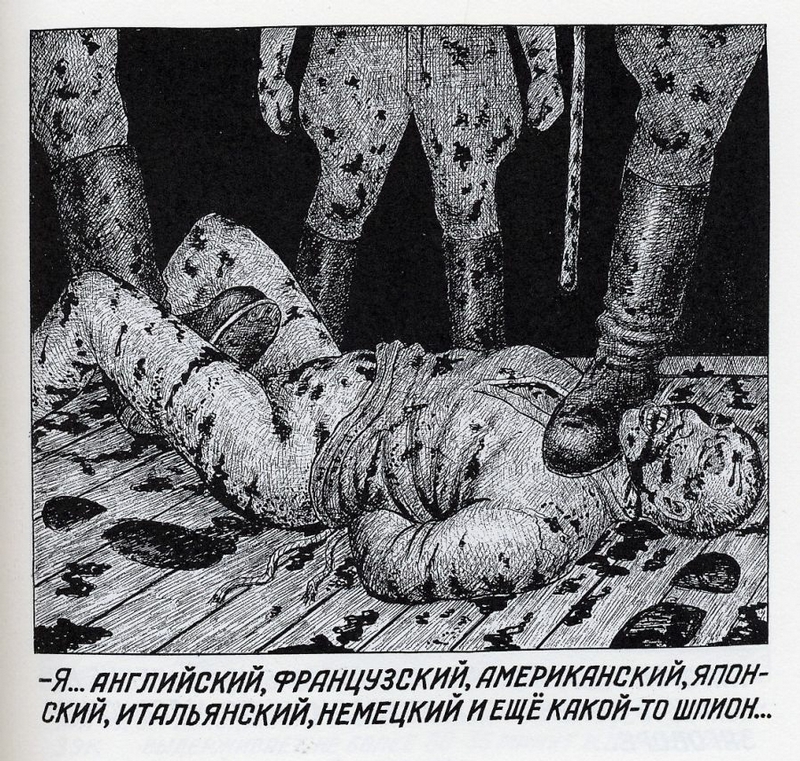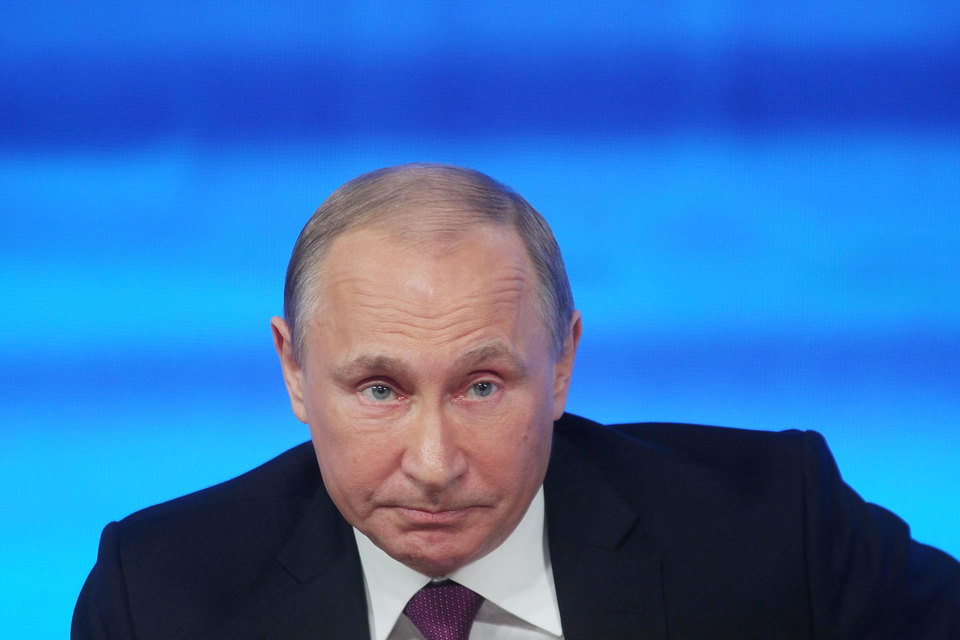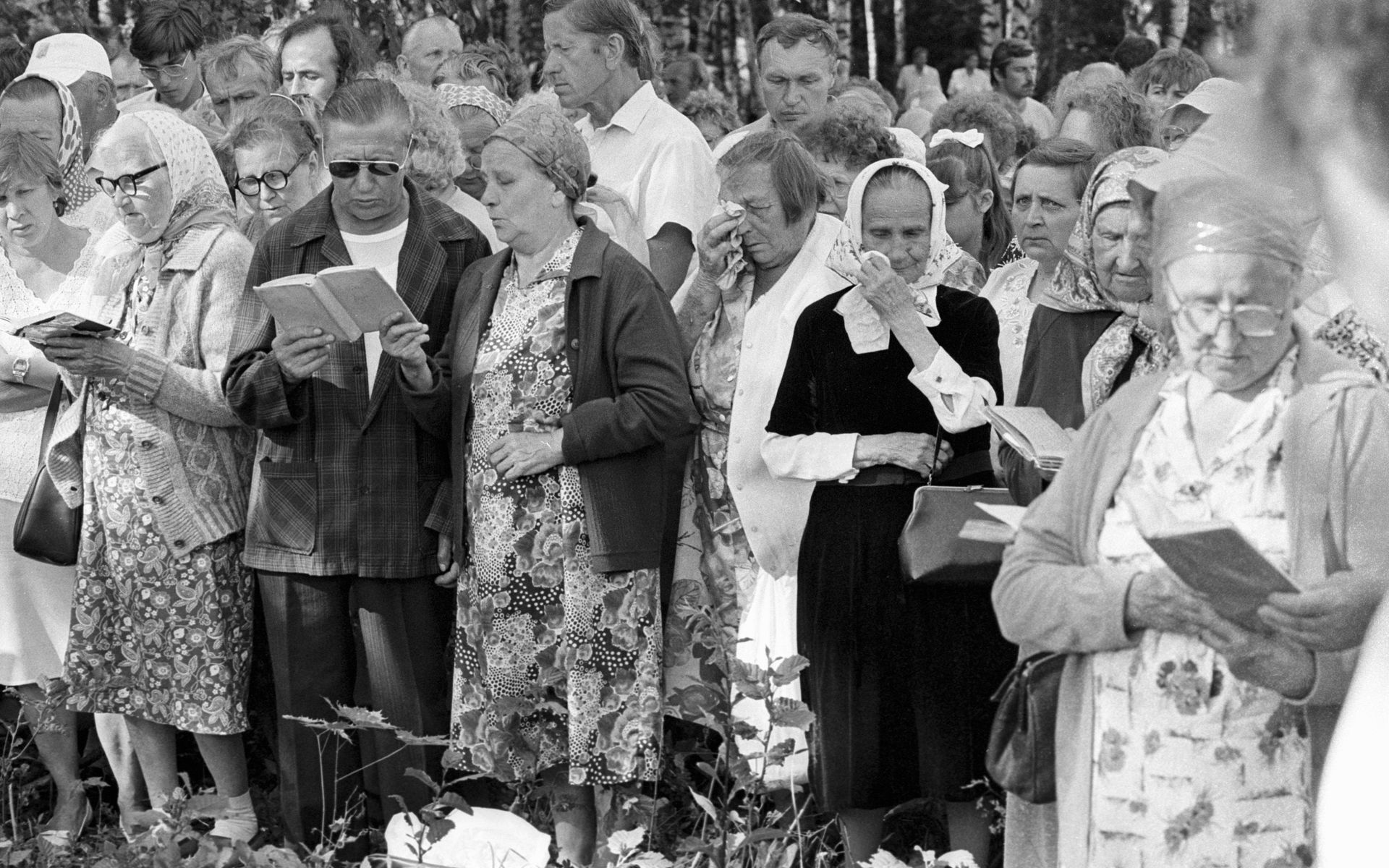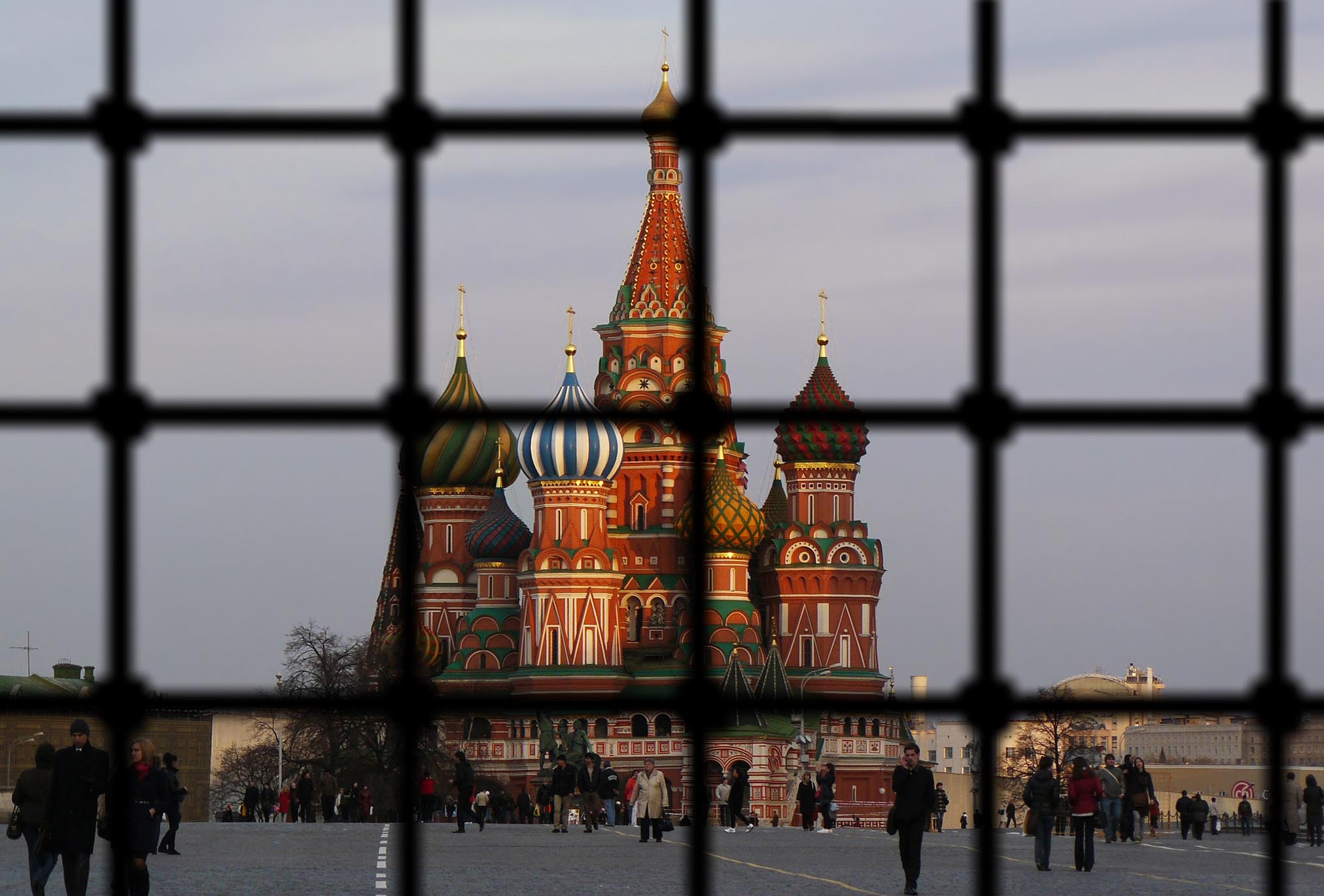Aleksandr Bortnikov, the director of the FSB secret police [a successor to the KGB], says that the political repressions of the 1930s were often justified because the archives show that there really were active conspiracies directed at replacing or overthrowing the leadership of the country.
Specifically, he said in an interview with Rossiiskaya gazeta
that although many assume there was “massive fabrication of accusations” under Stalin, “archival materials testify about the existence of an objective side in a significant portion of the criminal cases, including those underlying the well-known public trials.”
“The plans of the supporters of L. Trotsky for the replacement or even liquidation of J. Stalin and his comrades in arms in the leadership of the VKP(b) are hardly an invention,” the chekist says. Nor are the links of “these conspirators with foreign special services” or the involvement of many of those charged in corruption and bureaucratic arbitrariness.
Not only is this disturbing as yet another indication that the Russian security services are proud of their heritage rather than being ashamed of it (agonia-ru.com and vz.ru), but it suggests that the people heading this agency and those above them view repression on the basis of flimsy or invented charges as normal and justified.
Thus, one is compelled to answer the question
Open Russia asks this week – “does Russia need a new intelligence service or can the FSB be reformed?” – in the following way: only the complete lustration of all Soviet intelligence figures from positions of power, including the one at the very top, might offer a chance to change for the better rather than a return to the past.
Chronology of Renaming the Soviet Secret Police Structure
| Organization | Dates |
| Cheka (All-Russian Emergency Commission for Combating Counter-Revolution and Sabotage) |
1917–1922 |
| GPU (State Political Directorate) |
1922–1923 |
| OGPU (Unified State Political Directorate) |
1923–1934 |
| NKVD (People's Commissariat for Internal Affairs) |
1934–1941 |
| NKGB (People's Commissariat for State Security) |
Feb–Jul 1941 |
| NKVD (People's Commissariat for Internal Affairs) |
1941–1943 |
| NKGB (People's Commissariat for State Security) |
1943–1946 |
| MGB (Ministry for State Security) |
1946–1954 |
| KGB (Committee for State Security) |
1954–1991 |
Read More:
- 134 bodies of NKVD victims unearthed in Ivano-Frankivsk
- 107 remains of political prisoners executed by NKVD found in old Lutsk prison (photos)
- Putin gives his Guard powers even NKVD didn’t have: the question now is why? Gorevoy says
- Putin’s Russian Guard is true ‘heir to the NKVD,’ its deputy commander says
- 80 years ago, Stalin’s NKVD began to arrest and shoot the deaf and dumb
- Lists of NKVD victims killed in mass executions in 1941 published online
- A taste of Ukraine’s poetic Renaissance executed by Stalin
- Gandalf’s case: Russia prosecutes man literally digging up its darkest Gulag secrets
- Mass graves of victims of political repression discovered in Ivano-Frankivsk
- Ukrainians discover stories of repressed relatives in newly opened KGB archives





